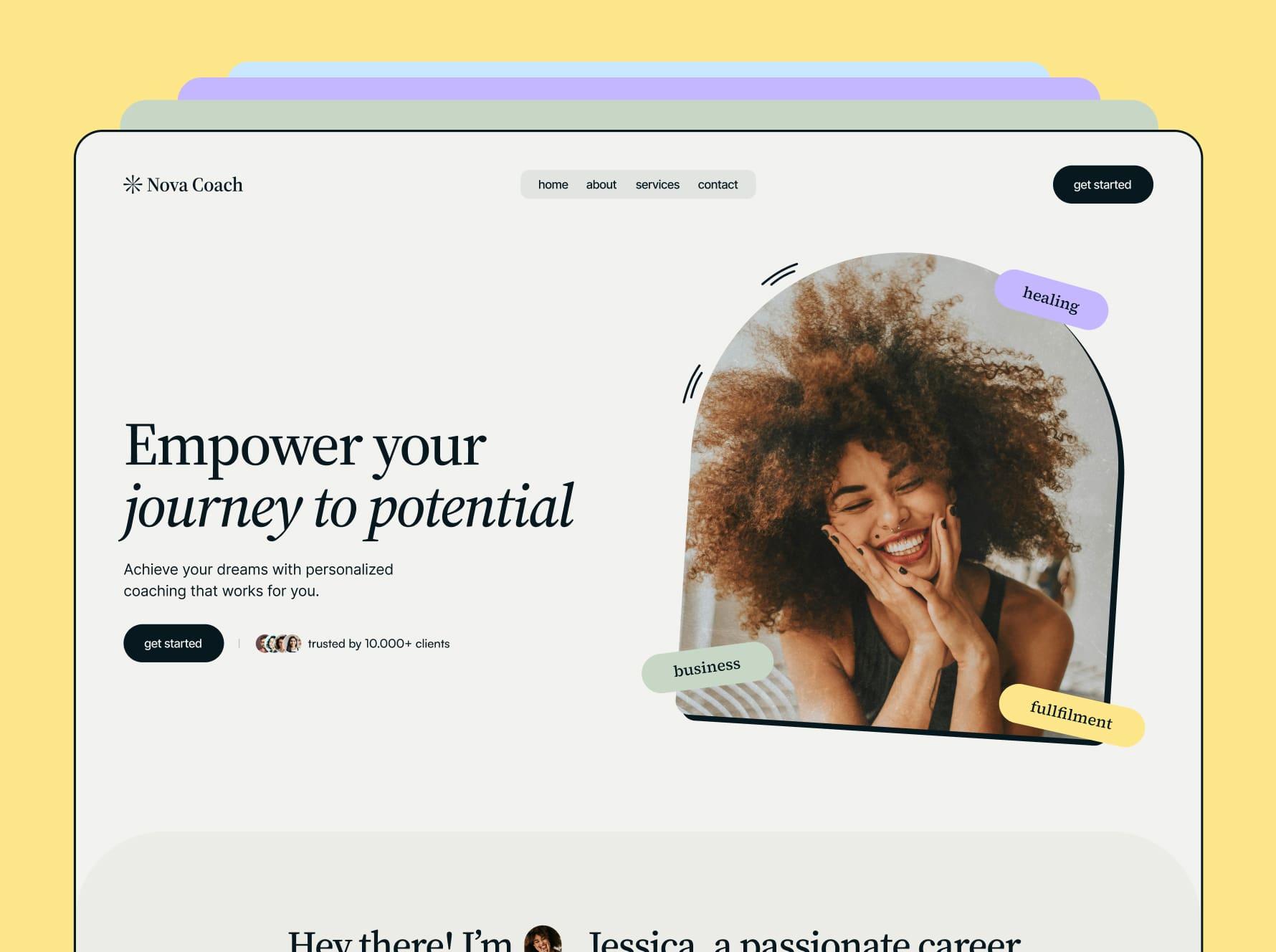Top Skills and Roles of a Learning content Developer: How to build a Successful Career
Are you excited about shaping the future of education through cutting-edge technology? Learning content developers are the creative minds behind engaging digital learning experiences in universities, colleges, and schools. As education technology continues to evolve, this role is in high demand, offering dynamic career opportunities for passionate professionals. In this thorough guide, we’ll explore what it takes to thrive as a learning content developer, the essential skills you need, key responsibilities, valuable benefits, and practical steps to build a successful career in education technology.
What Is a Learning Content Developer?
A learning content developer designs, creates, and manages educational materials intended for online and blended learning environments. These professionals work closely with instructors,instructional designers,and educational technology specialists to craft engaging,effective learning experiences that meet curriculum standards and learner needs.
Typical workplaces:
- Universities and colleges
- K-12 schools
- Online education platforms
- Corporate training departments
Core Objective: To use digital tools and pedagogical strategies to enhance educational content, making learning accessible, interactive, and meaningful.
Key Roles and Responsibilities of a learning Content Developer
The job of a learning content developer in education technology is multifaceted. Here are the core roles and responsibilities you’ll find in most job descriptions:
- Curriculum Design: Collaborating with faculty and instructional designers to structure courses and learning modules that meet academic standards.
- Content Creation: Developing digital assets such as videos, interactive simulations, assessments, eTextbooks, infographics, and quizzes.
- Learning Management System (LMS) Administration: Uploading, organizing, and managing course materials on systems like Moodle, Blackboard, or Canvas.
- Quality assurance: Reviewing content for accuracy, accessibility, usability, and compliance with higher education guidelines.
- Technology Integration: Implementing educational tools for increased learner engagement, such as virtual labs, gamification, and adaptive learning systems.
- Student Support: Assisting students and instructors with technical issues related to learning materials and platforms.
- Feedback and Improvement: Gathering learner and instructor feedback to refine content and improve learning outcomes.
Top Skills Required to Become a Successful Learning Content Developer
| Technical Skills | Pedagogical Skills | Soft Skills |
|---|---|---|
|
|
|
Benefits of a Career as a Learning Content Developer
Pursuing a career as a learning content developer in education technology offers a wealth of advantages. Here are some compelling reasons to consider this in-demand profession:
- High Demand Across Sectors: With the rapid expansion of online and hybrid education, learning content developers are sought after at universities, colleges, and K-12 schools.
- Creative Fulfillment: Combine creativity, technology, and pedagogy to make a real impact on learners’ lives.
- Opportunities for Advancement: Many start in junior content roles and progress to instructional designer, eLearning manager, or educational technologist positions.
- Adaptability and Remote Work: Many educational institutions offer remote, hybrid, or flexible work arrangements.
- Professional Growth: Continuous learning is encouraged, with opportunities for upskilling and specialization in areas such as AR/VR, gamification, or data-driven learning analytics.
Practical Tips for Building a Successful Career as a Learning Content Developer
Ready to start your journey in education technology? Here are some actionable steps to help you stand out and grow in the field:
1. Acquire Relevant Education and Certifications
- Earn a bachelor’s degree in education, instructional design, multimedia, or a related field.
- Pursue specialized certifications, such as Certified professional in Learning and Performance (CPLP) or courses in learning management systems and content authoring tools.
2. Build a Professional Portfolio
- Showcase samples of your eLearning modules, videos, infographics, and assessments.
- Include case studies or project briefs that demonstrate your impact on student outcomes.
- Consider hosting your portfolio online for easy sharing with potential employers.
3.Develop Technical Proficiency
- Gain hands-on experience with LMS administration, content authoring tools, and basic web design.
- Experiment with new edtech features like gamification, AR/VR, or adaptive learning platforms.
4. Network and Stay Current
- Join professional networks or associations in education technology.
- Attend conferences, webinars, and workshops to stay updated on the latest trends and tools.
- Connect with others in the field via social media groups or local meetups.
5. Hone Your Pedagogical Skills
- Study diverse instructional strategies and learning theories.
- Seek opportunities to co-design courses or collaborate with educators in real-world settings.
Career Growth Pathways in Education Technology
The experience and skills you gain as a learning content developer open doors to exciting advancement opportunities. Common career tracks include:
- Instructional Designer: Design entire curricula and oversee course development processes.
- eLearning Manager: Lead teams in the creation and implementation of digital learning programs.
- Educational Technologist: Advise on, implement, and evaluate edtech tools across institutions.
- Curriculum Director: Oversee curricular alignment and instructional content for entire schools or departments.
The Future of Learning Content Development
Learning content developers are at the forefront of innovation in education technology. As AI,immersive technologies,and personalized learning platforms become more mainstream,the role will only continue to expand. Professionals who are tech-savvy,curious,and passionate about education are well-positioned for long-term success.
Conclusion: Unlock Your Potential in Education Technology
Embarking on a career as a learning content developer at a university, college, or school is both rewarding and impactful. By mastering essential technical and pedagogical skills, staying adaptable, and investing in ongoing professional growth, you can play a pivotal role in shaping the educational experiences of tomorrow.Whether you’re just starting out or looking to advance, the field of education technology is full of chance for creative, motivated professionals. Take the next step toward your career goals and become a leading contributor to the future of learning!

